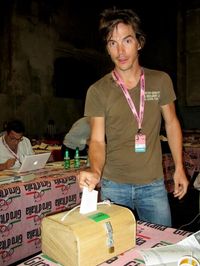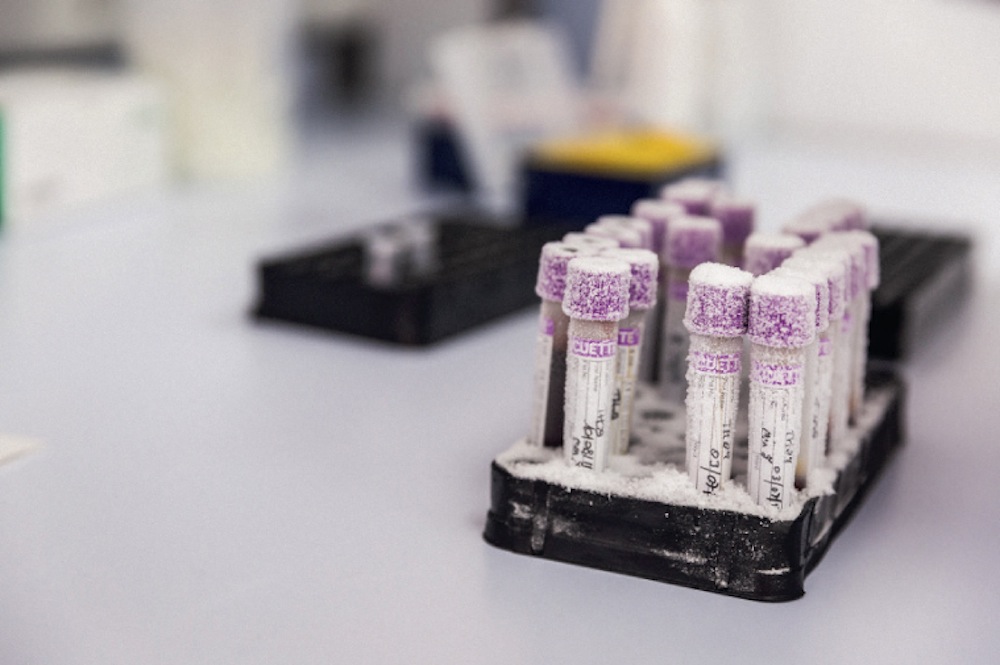UCI unfazed by Russian athletics doping scandal
The UCI says the closure of an anti-doping laboratory in Moscow will have a marginal impact on cycling


Cycling's governing body, the UCI, says that it is unconcerned by the athletics doping scandal that erupted after an appointed commission published its report on Monday. The report revealed a non-compliant Russian anti-doping agency, which also tests professional cyclists.
A World Anti-Doping Agency (WADA) commission examined allegations of doping, cover-ups and extortion in Russian athletics, and said the 2012 London Olympics was "sabotaged" when the athletics governing body (IAAF) and Russia let in athletes with suspicious doping profiles.
The commission's report showed inadequate testing and poor compliance, saying the Russian anti-doping agency (RUSADA) was not compliant with anti-doping code. The agency tipped off athletes ahead of tests, covered-up missed tests and took bribes, said the report.
The report singled out one accredited anti-doping laboratory in Moscow, which reportedly destroyed more than 1,400 blood and urine samples in an attempt to disrupt the investigation.
RUSADA is responsible for testing athletes from all sports in Russia, also handling any disciplinary proceedings concerning Russian athletes in the way that UKAD handles cases in the UK and USADA in the USA.
WADA recommended Russia to be banned from athletics competitions, including the Rio de Janeiro Olympics. A decision could be made after a meeting on Friday.
>>> Doping is becoming a public health issue, says WADA chief
The latest race content, interviews, features, reviews and expert buying guides, direct to your inbox!
The scandal reflects poorly on the nation's athletes even if cycling is not directly involved. The UCI did not respond to questions about RUSADA and how its failures affect cycling.
It told Cycling Weekly, "WADA’s decision to provisionally suspend the Moscow laboratory will have a marginal impact on UCI’s anti-doping activities since the CADF, the independent body mandated by the UCI to plan and carry out anti-doping in cycling, had very limited use of Moscow's facilities for the screening of samples. The CADF will simply use other WADA-accredited laboratories."
Every Russian cyclist would report to the Russian anti-doping agency for testing at home. Russia's top teams Katusha and RusVelo did not respond in time when asked for comment on this article.
>>> ‘10% of athletes could be doping’, says WADA boss
WADA did not reply after being reached for comment about how, if at all, its commissioned report reflects on Russian cycling.
The acting Russian athletics federation president, Vadim Zelichenok played down the commission's report. He told the TASS news agency that the irregularities happened under its former leadership.
Gregor Brown is an experienced cycling journalist, based in Florence, Italy. He has covered races all over the world for over a decade - following the Giro, Tour de France, and every major race since 2006. His love of cycling began with freestyle and BMX, before the 1998 Tour de France led him to a deep appreciation of the road racing season.
